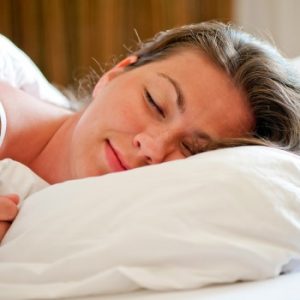The clocks went forward in the United States this weekend. For those in the United Kingdom and other parts of the world, it may not have happened yet but it is coming up. Daylight Savings Time is an annoying time for many people because of the loss of an hour in bed. It can affect some for weeks afterwards if they are busy. Here are some times to recover after Daylight Savings Time quickly.
Rest for an Hour
You need to get that hour back somewhere, so look for where it can happen. If you can on the Sunday, have the extra hour in bed. If that just isn’t possible due to other commitments, you’ll need to find somewhere else to get the extra hour. This doesn’t mean you have to sleep. You could just lay down or sit down somewhere and let your mind turn off. Let your body relax and avoid work, socialising and anything that could stop you from getting this time.
Get Your Body on Track

You won’t get that extra hour back until October/November, so you need to get your body on track for the summer. So, it is time to practise some good habits for sleeping.
Go to bed at your normal time and get up at the normal time. Retrain your body, as if you would if you were coming back from holiday.
Keep to a Schedule
Create a schedule during the day. This is perfect for adults and children. You need to time your eating, exercising and sleeping appropriately for your body, and get your children on board with this.
Your body will soon get used to the routine and expect sleep by a certain time. You will also find that you wake up by a certain time and you won’t feel too drowsy during the day.
Exercise on a Morning
If you’re not already doing this, it’s a great way to get the body to wake up. It does not help you to sleep or make you tired, contrary to popular belief. Exercise will help to release all the right hormones from the brain, so you feel ready to tackle a problem.
Exercising first thing in the morning is the best way to take advantage of all this. Try to avoid exercising on a night because it raises the body temperature and makes it harder to sleep. You’ll also find you’re more tired at this time, which will hinder the effectiveness of the activities.
Change Your Home Settings
The lighter nights make it harder to sleep. The light tells your body it is time to get up. However, you can use your home settings to your advantage. Invest in dark curtains to pull on so your room becomes darker. This is really useful for children who want to stay up until it gets dark. Your brain is tricked into believing that it is night outside and will send the message to your body that it is time to sleep.